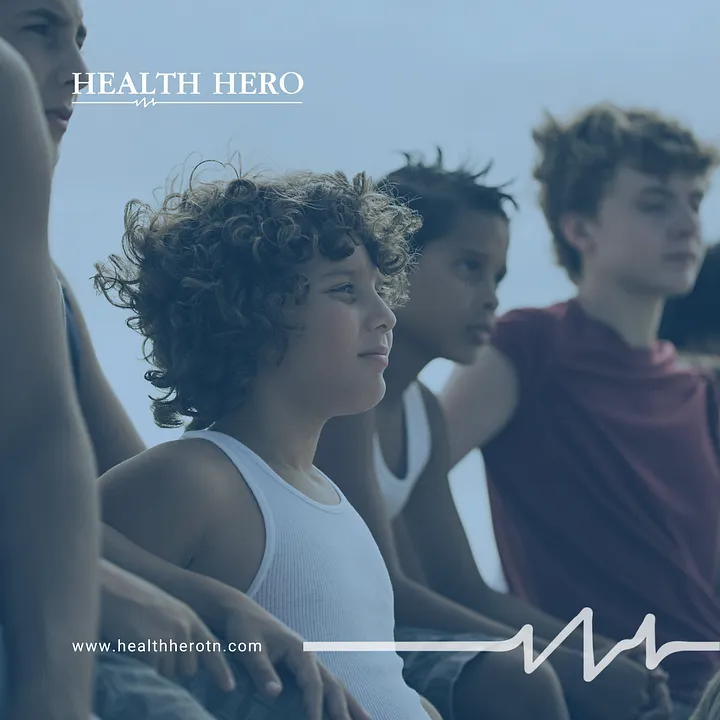Adolescent Immunization Week is an opportune time to spotlight the critical role vaccines play in safeguarding the health of our young population. This annual observance reminds us of the importance of vaccination in preventing serious, sometimes deadly, diseases among adolescents. It’s a call to action for parents, healthcare providers, and communities to protect our adolescents through immunization.
The Importance of Vaccines for Adolescents
Vaccines are among the most effective tools for preventing infectious diseases. Immunization is particularly crucial for adolescents as it protects them during these formative years and sets the foundation for a healthy adult life. Vaccines recommended for this age group protect against meningitis, human papillomavirus (HPV), tetanus, diphtheria, pertussis (whooping cough), and influenza.
Bridging the Immunization Gap
Despite vaccines’ proven benefits, adolescent immunization coverage remains a significant gap worldwide. Various factors contribute to this gap, including lack of awareness, misconceptions about vaccine safety, accessibility issues, and the perceived low risk of disease among this age group. Adolescent Immunization Week aims to address these challenges by increasing awareness about the importance of vaccines, dispelling myths, and improving access to immunization services.
Engaging Adolescents and Their Families
A key aspect of increasing adolescent immunization rates is engaging them and their families in meaningful conversations about vaccines. Healthcare providers play a crucial role in this process by providing accurate information, addressing concerns, and making vaccination a part of routine healthcare for adolescents.
The Role of Schools and Communities
Schools and community organizations are pivotal in promoting adolescent immunization. They can provide educational programs, facilitate vaccine access, and create supportive environments encouraging vaccination. Collaborating with local health departments and clinics to organize vaccination drives and informational sessions can significantly enhance immunization coverage.
Overcoming Challenges
To improve adolescent immunization rates, it’s essential to overcome challenges such as vaccine hesitancy and accessibility. This requires a multifaceted approach, including:
- Educating parents and guardians about the importance of vaccines and the diseases they prevent.
- Making vaccines more accessible by offering them in schools, community centers, and through mobile vaccination units.
- Addressing vaccine hesitancy by engaging trusted community leaders and healthcare providers to share evidence-based vaccine safety and efficacy information.
A Call to Action
Adolescent Immunization Week is more than just a campaign; it’s a movement toward creating healthier communities. By ensuring that adolescents are fully vaccinated, we can protect them from preventable diseases, reduce the spread of infections, and build a stronger public health infrastructure.
As we observe this important week, let’s all commit to taking action. Whether you’re a parent, healthcare provider, educator, or community leader, you have a role in promoting adolescent immunization. Together, we can achieve higher vaccination rates and ensure a healthier future for our adolescents.
Adolescent Immunization Week reminds us of the power of vaccines to protect our youth and the importance of collective action in promoting public health. By focusing on education, accessibility, and engagement, we can overcome barriers to immunization and ensure that all adolescents have the opportunity to lead healthy, productive lives. Let’s use this week to renew our commitment to adolescent health and immunization.


